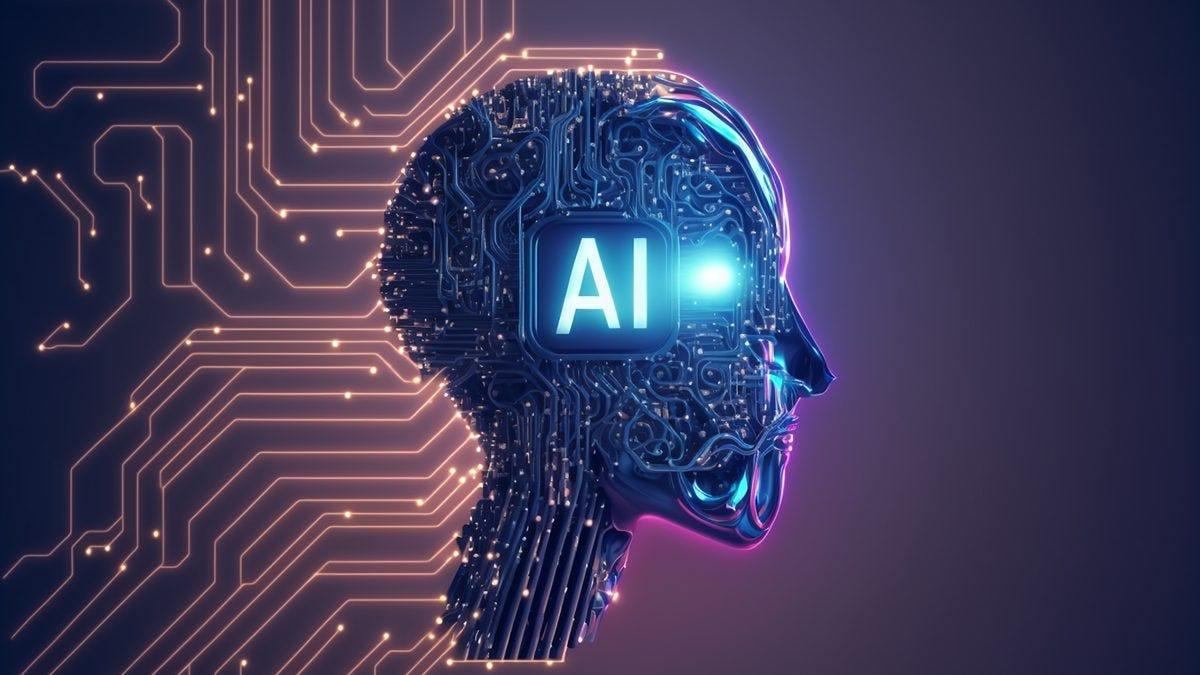06.28.2025
Canada Creates AI Ministry: A Turn Towards the Future

Introduction: New era of technological leadership
At the beginning of 2025, the Canadian government announced an unprecedented initiative - creation AI Ministry . This decision instantly caused a violent reaction in the international community and has become a symbol of the new era, in which technology becomes not just a tool, but the basis of political solutions and public administration.
Canada, known for its progressive digital policy, decisively enters the path of integration of AI into the key spheres of life - from health and education to social policy and security. But what does this really mean to citizens? How will everyday life change? And what risks and opportunities do this turn carry?
Why right now: the need to manage AI
The world entered the phase when artificial intelligence became an integral part of most spheres - from the banking sector to transport. Every year, AI systems become more and more autonomous, trained and - in certain aspects - uncontrolled. This requires not only regulation, but also active state participation in the development of ethical and legal framework.
Ai ministry is designed to solve several key problems:
- Centralize the development of a national AI strategy.
- Ensure the safety of data and digital rights of citizens.
- Form infrastructure for AI education and retraining.
- To introduce AI in public services and optimize administrative processes.
The structure and functions of the new department
The Ministry will be divided into several departments:
- Ethical Department - Development of standards of use of AI, ethical norms and social responsibility.
- Research Department -Financing and coordination of national AI projects.
- Department of Civil AI-Applications - Adaptation of AI for the needs of education, healthcare and social protection.
- Center for AI-Security -Protection against cyberosis, harmful AI-algorithms and surveillance.
In addition, an advisory council from representatives of business, science and human rights organizations to ensure a balance of interests will be created.
How will this affect the life of citizens?
1. New opportunities in the field of education
With the help of AI platform, training will become personalized. Schoolchildren will be able to use intellectual assistants who adapt the material to their pace and level. It will be easier for adults to retrain, because courses will appear automatically selected under their career path and target.
2. Revolution in healthcare
Thanks to the national base of medical data with AI-development, doctors will be able to receive recommendations in real time, and patients will be faster and more precisely diagnostics.
3. New generation electronic government
Citizens will be able to interact with government agencies through intellectual interfaces. Applications, documents, complaints - everything will be processed instantly, with a minimum bureaucracy.
4. Guarantees of digital rights
Mia will protect citizens from algorithmic discrimination, unlawful use of data and intrusive surveillance. A register of transparency of the AI systems will appear, in which everyone can find out where and how his data is used.
The international role of Canada
The creation of the Ministry of AI takes Canada into the leaders of global digital regulation. It is already planned to cooperate with the European Union, South Korea and Japan on security and exchange standards.

Such a step strengthens the position of Canada as a country that respects the balance between technological progress and human rights. At the same time, the government emphasizes: AI ministry will not engage in total control - its task is not to control, but management for the benefit of society.
Possible risks and challenges
Of course, the creation of a new ministry also carries a number of risks:
- Centralization of power in the field of AI It can lead to a decrease in flexibility and growth of bureaucracy.
- Algorithm errors In state systems, real consequences for citizens (for example, in a judicial or migration system) may entail.
- Digital inequality - It is important that AI does not enhance the gap between the digital and vulnerable groups of the population.
Therefore, the key task of MII will be not only technological development, but also the introduction of feedback, audit and public control mechanisms.
The role of civil society
One of the features of the Canadian approach is openness to the dialogue. The ministry plans to conduct regular public hearings, launch online surveys and form platforms for interaction with citizens.
Citizens will be able to make proposals, evaluate project effectiveness and even participate in the development of ethical standards of AI. Such an inclusive approach can be a unique example for other countries.
What to expect in the coming years
During the first three years, AI ministry will focus on:
- The development of the "Charter of AI-Ra" is a document that protects digital freedoms.
- Implementation of AI in 60% of public services.
- Training 100,000 citizens to work with AI systems.
- The creation of 10 national and khabs in different provinces.
Each stage will be accompanied by public reports and metrics of effectiveness, which should increase the confidence in the project.
Conclusion
The creation of the Ministry of Artificial Intelligence in Canada is not just an administrative reform. This is an ambitious attempt to adapt society to new realities, where AI becomes a regular participant in our everyday experience. The government is betting on the fact that the future can not only be predicted, but also formed - subject to responsibility, openness and respect for a person.
For citizens, this means not only new opportunities, but also new responsibilities. To be digitable, to participate in the formation of ethics, to ask questions and be active - this is the way to ensure that technology serves society, and not vice versa. And if Canada copes, it can become a global model of technological democracy.
64755
34953




Top Comments
Wow, an hour ago I found this blog and realized that it was just for me. I like it when everything is explained in an understandable language, without complex terms, then you immediately delve into the topic.
Sports
How long have I been looking for such a place! Here everything is explained on the fingers, without unnecessary technical terms.
Weather